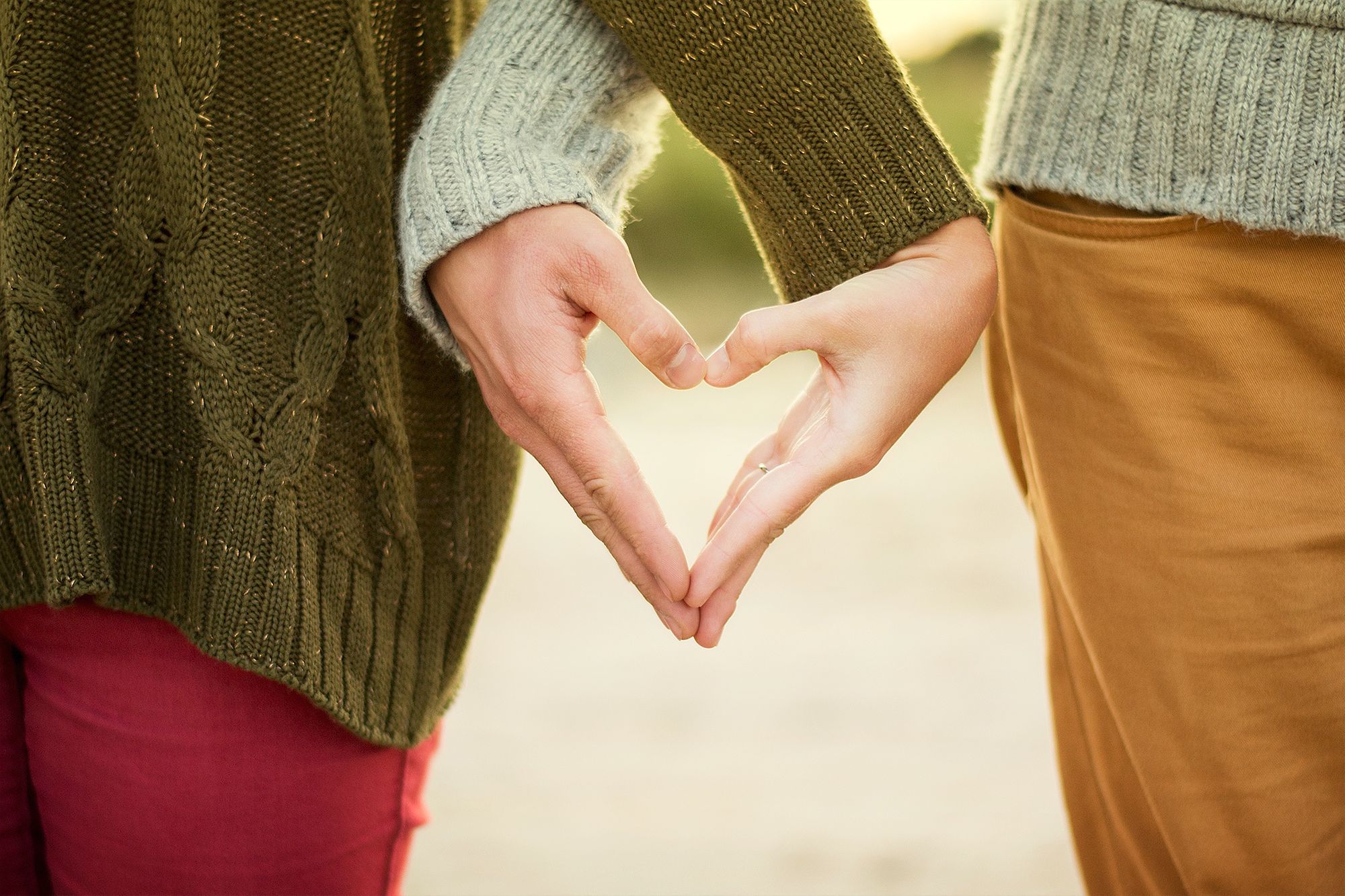What's Love Got to Do With It?

Have you heard Tina Turner belting out “Who needs a heart when a heart can be broken?” That’s just one of thousands upon thousands of songs, poems, novels, movies or narratives coming from just about every society in the world, past and present, that addresses both the mystifying experience of being in love and simultaneously warns of its attendant dangers. One consistent message comes from those many sources: Romantic love is a powerful, powerful emotion that can disorient us to the point of being in an altered state. It unquestionably affects our thoughts, emotions, cognitions, judgment and physiology, and strongly resembles an obsession in many individuals. Sounds sort of like a drug-induced high, doesn’t it? Well, some investigators are beginning to examine love as a phenomenon of scientific study. They suggest that this romantic high truly is a high, and that it can lead to an addiction. Romantic lovers show all the characteristics of being addicted to each other and their relationship. So let’s take a minute and examine the phenomenon of “Love Addiction” which is not really the same thing as "Sex addiction." If you determine that you are a love addict or that your sexual excess problem includes a Love Addiction, then you’ll need to make some pretty significant emotional changes that we’ll discuss later in this post.
Back to what a negative romantic love addiction looks like: It includes very enjoyable highs approaching hypomania, cravings, obsessive thoughts, emotional and physical dependence, eventual tolerance and even withdrawal and relapse. The same reward pathways in the brain governing drug addictions are activated in romantic love. About the only major difference between a drug addiction and being in a state of romantic love, the scientists point out, is that, Tina Turner notwithstanding, drug addiction is harmful, but romantic love is not.
Well, not everybody agrees with that last bit, including scientists such as Helen Fisher or members of the support group Sex and Love Addicts Anonymous. These folks realistically argue that while love is a wonderful experience, negative addictions can spring from this natural positive state. First, there is the problem of being in love with somebody who will not or cannot reciprocate feelings of love. Close behind is the problem of being in love with somebody when it is inappropriate to have romantic feelings towards him/her (unavailable, abusive, extreme lifestyle differences, etc.). Third is the problem of not being able to end feelings of romantic love towards an individual after being completely rejected by that person. These three categories all deal with the difficulty of letting go of romantic feelings when those feelings are not appropriately reciprocated. Now 93% of us have been dumped or have gone through a serious break-up/divorce at least once in our lives, so almost all of us know what that's like, but some people have an immensely difficult time with it. In its extreme, that’s where stalkers and the Glenn Close character in “Fatal Attraction” come from.
Fourth, and perhaps the most relevant type of love addiction where our sexual excess app might play a role, is being addicted to the experience of falling in love. To be a “love addict” frequently means pursuing relationships for the sake of feeling that high, of being “smitten”, quickly falling head over heels in love, and then experiencing intense distress after a breakup of that relationship until another relationship can be pursued. There is usually intense discomfort and even fear when not in a relationship. There are usually a lot of breakups, because It is not the calm and comfort of being in a secure long-term loving relationship that the person is searching for. To the contrary, it is the intense feeling of falling in love that they crave. And most of us know, those feelings don’t last indefinitely, even in the very best relationships.
If that shoe fits, then our app Willpwr-se can help, but you’ll need to pay special attention to level 2 when you get there. That section of the app helps you identify the specific details of your addiction. You’ll begin to spot emotional, behavioral, thought, and situational triggers to your addiction. We’d also strongly encourage therapy and participation in a support group such as Sex and Love Addicts for this kind of problem because it is a tough one and most often requires considerable adjustment to core beliefs and self image. Most people with this problem live pretty chaotic lives and don’t have a lot of perspective or self-awareness when they try to figure out why they are so frequently unhappy.
And if you’ve decided that Love Addict doesn’t describe you, that’s cool. In fact that’s fortunate. But knowledge is power, so keep this information tucked safely away. If you have a sexual excess problem of any type, it’s highly likely that you have already met Love addicts. The sex addict - love addict combo relationship is not all that uncommon. Are you perhaps in that kind of a relationship? Then run, don’t walk, to the nearest relationship counselor and get some help for both of you.
